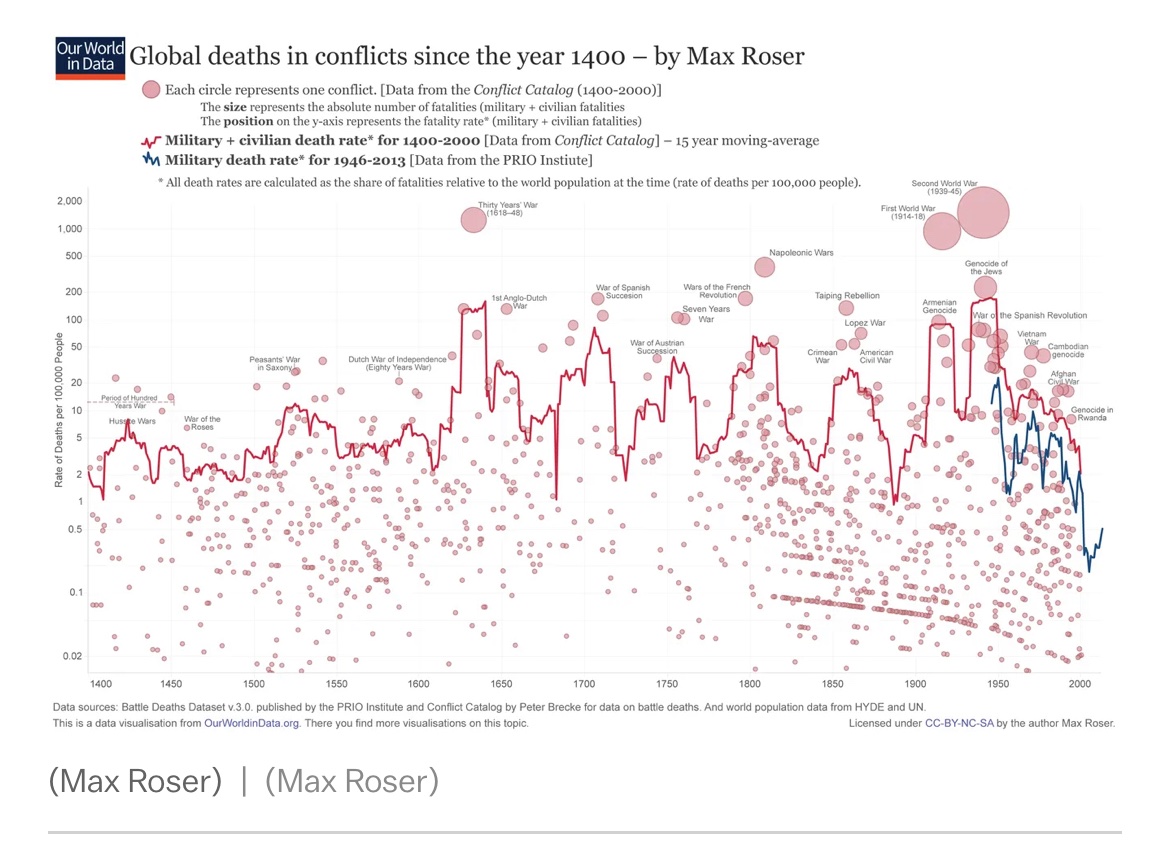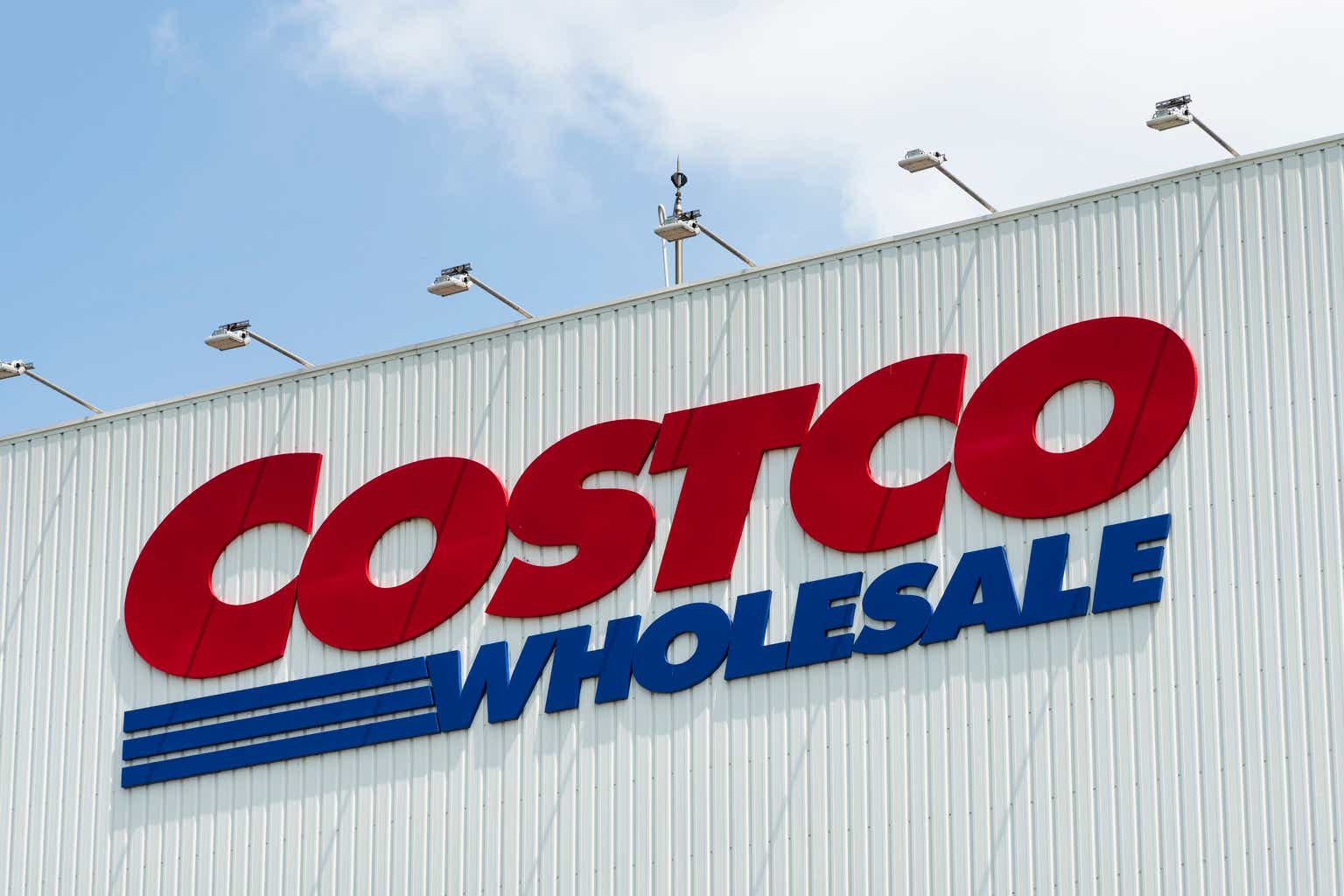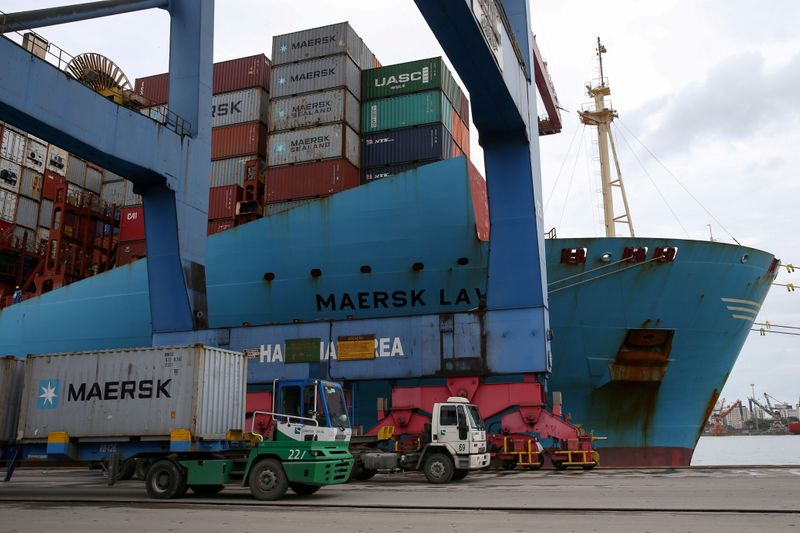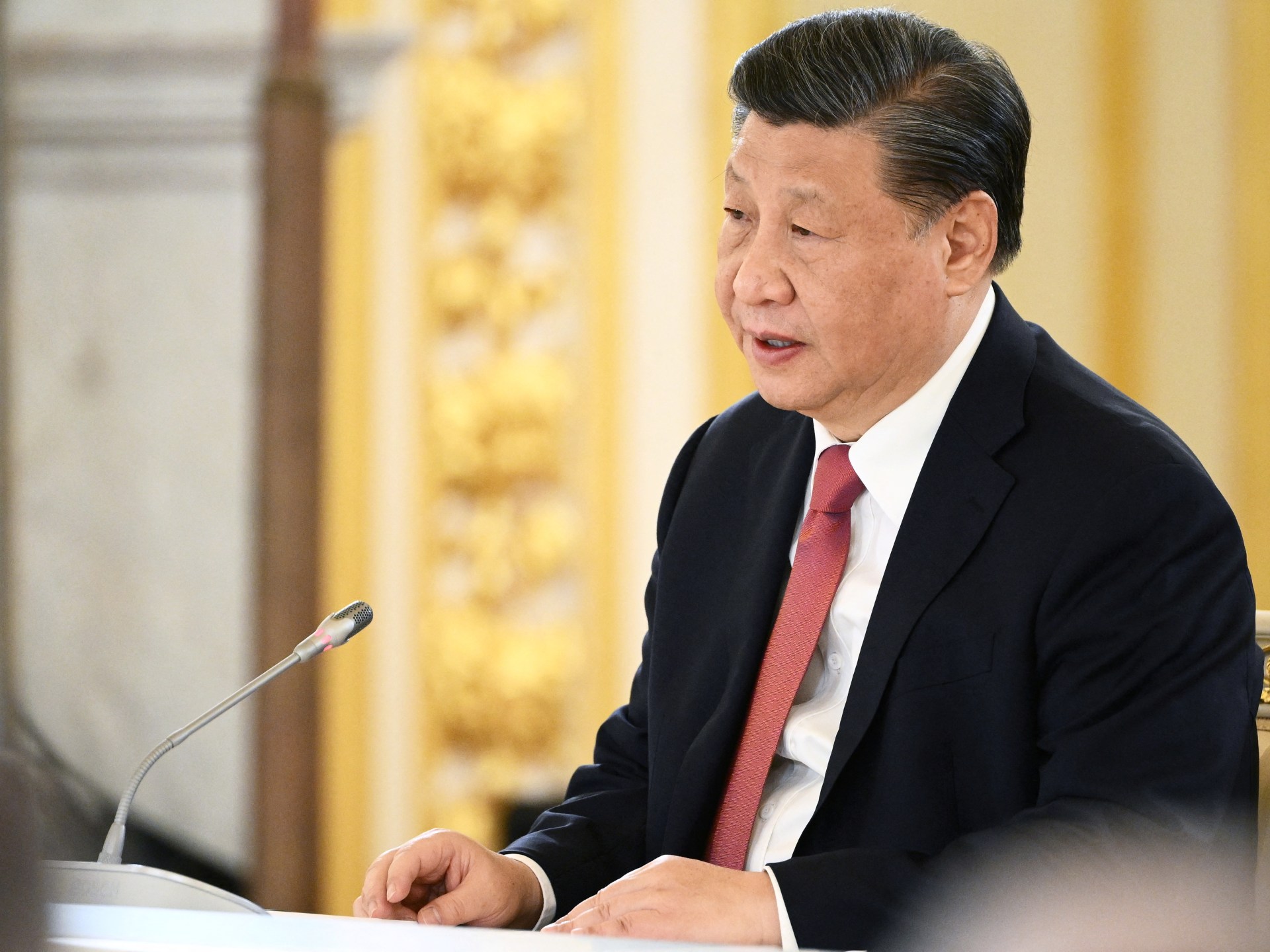filadendron/E+ via Getty Images
F-star Therapeutics (NASDAQ:FSTX) is a microcap company with macrocap dreams and a takeover bid at $7.12 per share. The company currently trades at $5.86. The gap remains on concern that although the UK govt has approved the deal, the US CFIUS (the Committee on Foreign Investment in the United States) hasn’t approved it yet. This presents an opportunity if the deal closes; in my view, it also presents an opportunity if the deal does not close, because the company looks undervalued. The only risk is cash.
In order to improve their valuation in the event the deal does not close, this company needs to impress upon the market that their pipeline cannot be valued at a mere $100mn. In order for them to so impress the market, they need to produce convincing data from their assets. This is my first impression; now let’s dig in.
Here’s a look at their pipeline:
FSTX pipeline (FSTX website)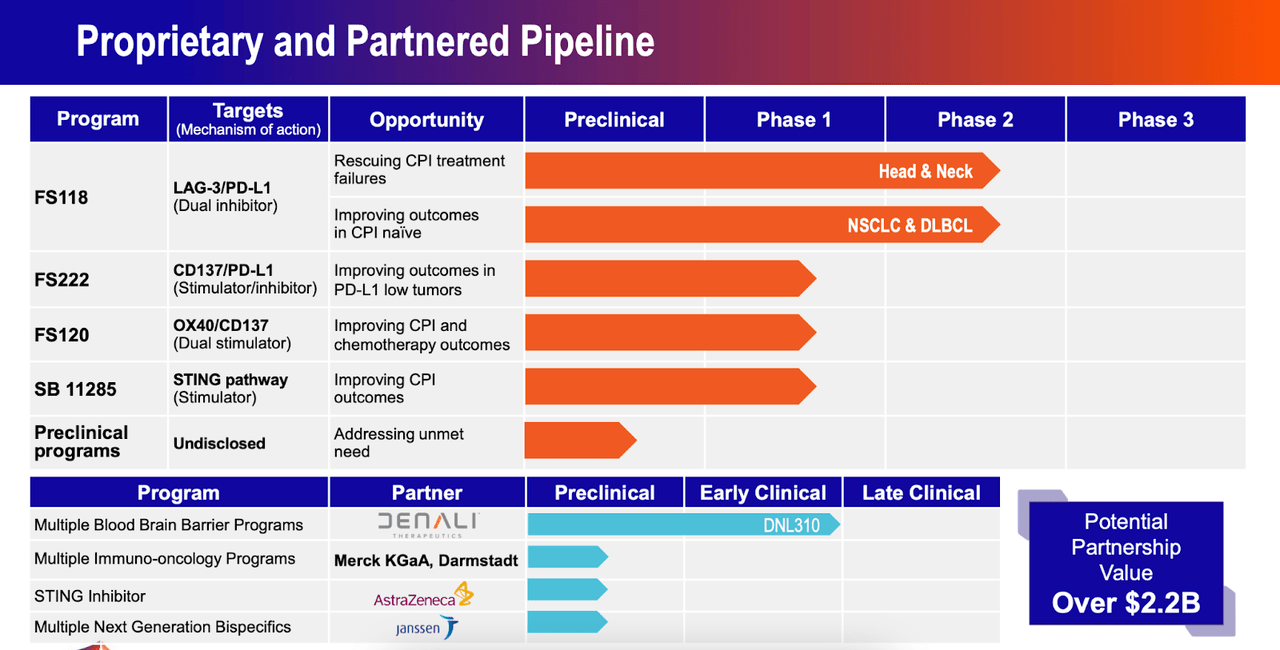
At first glance, this is an impressive pipeline. They have 4 clinical stage, self-owned assets, and what looks like four separate partnered programs, with big names like Merck KGaA, AstraZeneca, Janssen and Denali. They also state, in big, bold letters, that potential partnership value is over $2.2bn.
The company’s technology is immunotherapy-focused, using a bispecific antibody platform. These molecules are tetravalent, which the company claims will “drive strong dual immune activation capabilities.”
FSTX technology (FSTX website)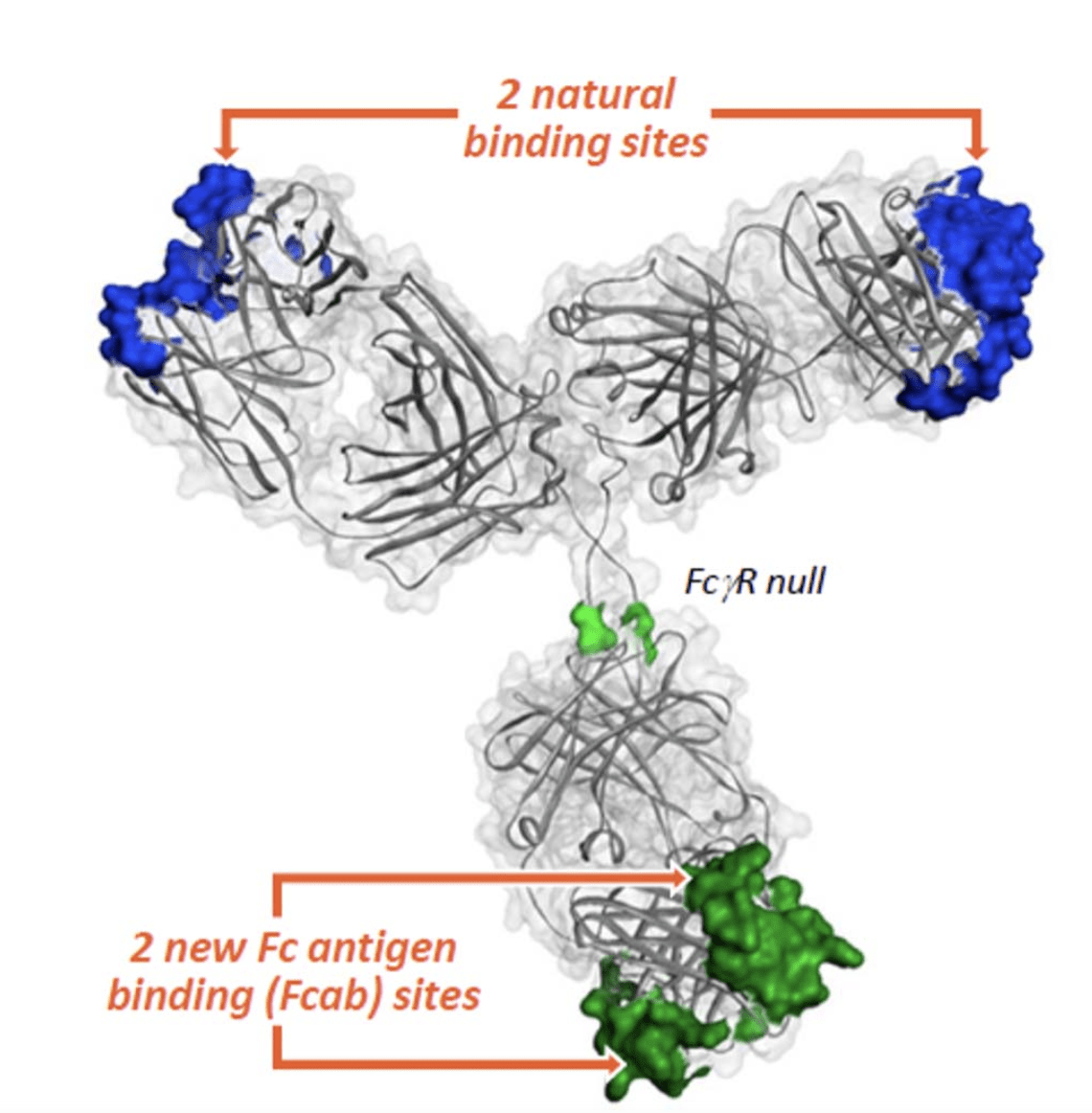
These monoclonal antibodies now bind to two separate and specific target antigens. As Fierce explains:
F-star’s Modular Antibody Technology makes bispecific antibodies by introducing a new antigen binding site to the constant (FC) region of an antibody. This binding site, dubbed an Fcab (Fc domain with antigen binding ability), in addition to the antibody’s own binding domain, allows it to bind to two different antigens.
Lead asset FS118 is a dual checkpoint inhibitor targeting PD-L1 and LAG-3. Its target indications are Head & Neck cancers, NSCLC and DLBCL. The second asset, FS120, is a first-in-class OX40/CD137 mAb² dual agonist bispecific antibody. FS122 is a CD137/PD-L1 mAb² bispecific antibody. SB 1125 is a second generation STING (Stimulator of Interferon Genes) agonist.
FS118 has gone through a phase 1 trial in heavily pretreated PD-1 resistant patients, where it “was well tolerated with no treatment-related serious adverse events and no dose-limiting toxicity, up to 20mg/kg.” According to the data here (see the January 2022 Presentation), disease control was observed in patients expressing PD-L1 and LAG-3 in the tumor microenvironment. In a patient with Anaplastic thyroid cancer, or ATC, with perithyroid metastasis, multiple lines of therapies were previously given. Concurrent chemo and radiation had progressive disease after 5 months. Anti-PD-L1 nivolumab was given, resulting in a 10 month duration of response. A Braf/Mek inhibitor was also given along with nivo, which resulted in severe toxicity with progressive disease after 4 months. Since February 2019, this patient has been on FS118 dosing (33 months), and “within a month the patient had rapid improvement in tumor size and was able to swallow.” This leads to the following development plan for FS118:
FS118 Development plan (FSTX website)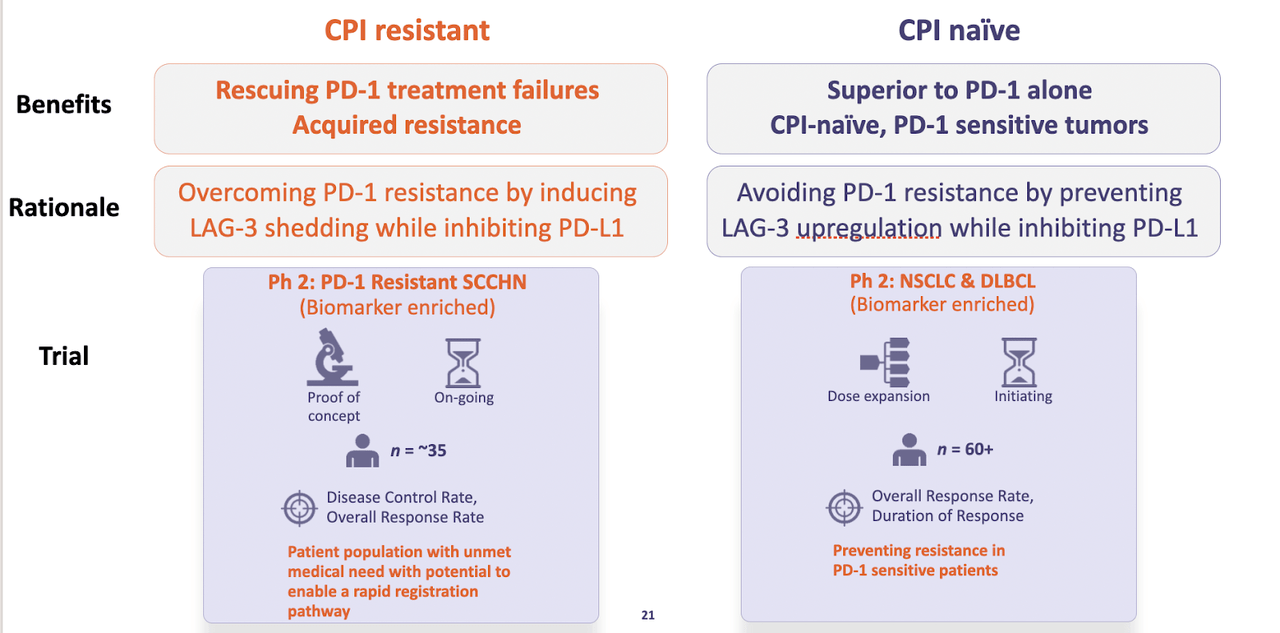
It now has a phase 2 proof of concept trial ongoing in HNC. The three other assets have phase 1 trials ongoing. Thus, as emerging biopharmas go, there is some semblance of reason in claiming that the data at hand may not justify the valuation in the market. We have seen worse, much worse.
Another angle to F-star’s investment case is their extensive patent estate. As the company says:
Our patent estate includes over 500 granted patents and pending patent applications generally directed to, for example, compositions and methods related to our Fcabs, our modular antibody technology platform, our lead mAb 2 product development candidates, our STING agonist SB 11285 and other STING agonist compounds, and other products, proprietary technologies and processes.
For lead asset FS118, they own or have licensed eight patent families, out of which they own ” two FS118-focused patent families which relate to the FS118 mAb 2 bispecific antibody composition of matter and the LAG-3 Fcab included in FS118.” Patent term goes to 2038. FS222 is covered by 7 patent families, and they ” own three patent families which relate to the composition of matter of the CD137 Fcab included in FS222, the PD-L1 antibody included in FS222 (acquired under agreement from Iontas), and the FS222 mAb 2 bispecific antibody.” The patent situation is similar for FS220, where they also own composition of matter patents. This means, these molecules were discovered by them, or they have critical IP coverage at the least. They also own patents covering their platform technologies, and more composition of matter patents covering their STING compound. I can see what might have attracted big pharma to this company. If their proof of concept trial works out, we will be seeing a lot more from these partnerships.
Now let’s explore these partnerships to see what, if anything, big pharma sees in FSTX, or are they proforma deals.
Denali (DNLI) first partnered with F-star for their F-star Gamma unit in 2016, with an option to acquire this unit, which was exercised in 2016, in a deal “potentially worth $471 million, picking up the rights to antibodies developed under their collaboration.” About this collaboration, Denali CEO Ryan Watts, Ph.D., said:
Our decision to exercise the option to buy F-star Gamma reflects the progress in our collaboration with F-star and the generation of preclinical data showing that our proprietary TV platform technology may enable us to deliver biologics across the BBB and into the brain. Specifically, recent data demonstrated robust and sustained peripheral and brain activity for our ETV:IDS program for Hunter Syndrome and hence preclinical proof of concept. Furthermore, the expanded collaboration allows us to deepen and broaden our research efforts supporting our TV platform technology
Denali actually had more time to close the option, but they “ramped up” the timeline after seeing something they liked. This was no proforma deal.
The company has a small, ~$13mn+royalties deal with Kymab in 2016 for certain of their patents. Kymab was acquired by Sanofi in 2021.
In 2019, the company entered into a licensing agreement “to develop, manufacture and commercialize two separate mAb 2 antibody products that each contain a specific Fcab and a Fab target pair (each a licensed product)” with Ares, a subsidiary of Merck KGaA (OTCPK:MKGAF) of Dermstadt, Germany. The deal is potentially worth some $750mn. Last year, Merck exercised its fourth program option as part of the deal, and produced data from a partnered compound at SITC.
F-star had an agreement with AstraZeneca (AZN) in 2021 whereby they granted global rights to their STING compound to AZN. The deal was worth a small $12mn upfront payment, $300mn in milestone payments, and single digit royalties.
In the same year, the company got into another agreement with Janssen (JNJ) and gave them a “worldwide exclusive license to research, develop and the option to commercialize up to five novel bispecific antibodies directed to Janssen therapeutic targets using our proprietary Fcab and mAb2 platforms.” The deal involved $17.5mn in upfront payments, $1.35bn in milestones, and mid single digit royalties.
Thus, these are not proforma deals at all. These are serious deals, and as is usual with early stage but promising companies without POC, the upfront payments are small, but the milestone payments are large. Some of these companies have even paid development costs for the compounds they acquired rights to, on a retrospective basis. This is not something I have come across often. This, again, goes to show that the POC trial of FS118 carries a lot of weight, and given the early data we have seen, the company looks undervalued.
Here, I am going to abandon standard practice and not discuss market potential of the targeted indications because at this stage of development, there’s not enough selection for most target indications. Three things seem important here – early data, which they have; patents, which they also have; and these potentially major deals with big pharma. This company must be valued on these bases, and I don’t think their current valuation justifies their potential.
The takeover bid
F-star was offered a takeover bid by invoX Pharma – wholly owned by Sino Biopharmaceutical (OTCPK:SBMFF) (OTCPK:SBHMY), in June 2022, for $7.12 per share in an all-cash transaction. A November article on Seeking Alpha discusses the details here. Since November, though, CFIUS has still delayed the process. Sino Biopharma is a $11.4bn market cap , OTC traded major Chinese firm. The author I cited says that the reason for the delay could be “foreign access to sensitive U.S. patient data, continued U.S. access to the company’s R&D output, or something else.” The author speculates that presence of Chinese government elements on Sino’s board may be a deterrent for CFIUS, while the origin and control of the company in Thailand may be a mitigant.
In late December, the CFIUS issued an interim order blocking the planned sale. They also threatened “to take action if the companies close the deal without resolving outstanding national security risks.” FSTX dropped 40%, and then went back up 40% the next day after the two companies announced that they decided to extend their agreement deadline to January 31, 2023 from Jan 17.
Another important statement from the Dec 30 8-K:
CFIUS has confirmed to the Parties that it has determined that mitigation measures would be available and in discussions with the Parties indicated a draft National Security Agreement setting forth such mitigation measure would be sent to the Parties.
With regard to further extensions and F-star’s need for cash, here’s what Sino Bio said:
“We are seeking to move swiftly to ensure F-star has the financing it needs to maintain potentially lifesaving work on cancer clinical trials, while avoiding extensive layoffs,” invoX said in a statement. “Through our engagement with CFIUS staff, we understand that the Committee has determined that any national security concerns can be mitigated and will work expeditiously to reach a resolution.”
This may actually mean that if there are further extensions but with a positive tone from CFIUS, Sino Bio may extend that $12mn FSTX was supposed to receive if the acquirer walked away due to CFIUS delays.
Financials
FSTX has a market cap of $128mn and a cash balance of $35mn. Last quarter, they spent around $10mn in R&D and $5mn in G&A, and last year they spent some $40mn. So the cash runway is short, which is one reason why the acquisition bid looks like a godsend, and its denial looks like a despairing event. However, as I have tried to argue, the deal may look good in the short term, but in the long term, it may actually be devaluing FSTX.
Bottom line
In less than a week, we will probably know whether the two companies will extend the agreement further. It seems likely that they will, given the CFIUS lifeline of mitigation measures and a draft National Security Agreement setting forth such mitigation measure. That the UK has agreed to the merger – the UK broadly follows US government trends, politically speaking – is also indicative of a process that may be drawn out, but could end positively. If it does, the stock will go up some 30%.
If it doesn’t, the stock will fall drastically. However, there’s a backup plan at work here in the extensive patent estate and the likelihood of positive FS118 data if the company survives. This presents a risky opportunity.
Editor’s Note: This article discusses one or more securities that do not trade on a major U.S. exchange. Please be aware of the risks associated with these stocks.


